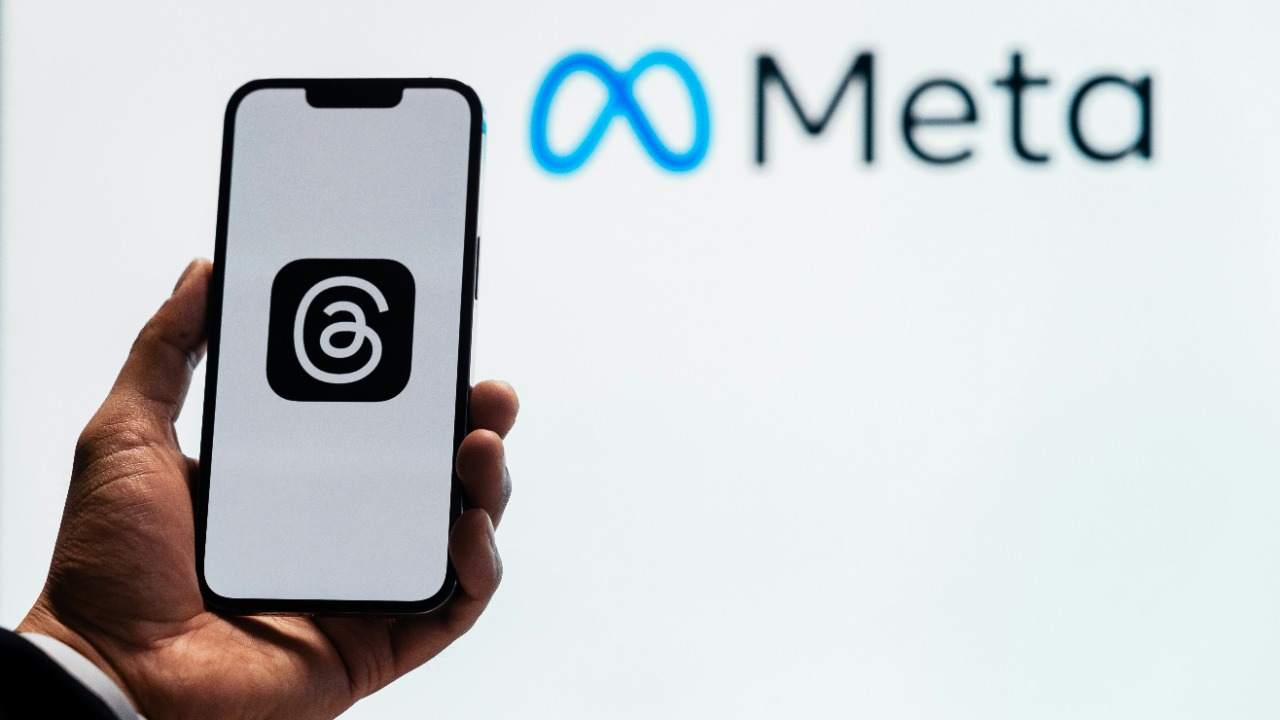
The European Union has taken significant action against Meta and TikTok, charging both companies with failing to adequately manage illegal content on their platforms. This move marks a critical enforcement step under the EU’s Digital Services Act (DSA), which aims to regulate online harms more effectively. Meta is specifically accused of having inadequate systems for detecting and removing illegal content on Facebook and Instagram, while both companies face broader accusations of violating digital content rules. These charges underscore the EU’s growing scrutiny of Big Tech’s content moderation practices.
Overview of the Charges Against Meta
Meta faces serious allegations from the EU regarding its systems for managing illegal content, as outlined by the Digital Services Act. The charges highlight systemic shortcomings in Meta’s ability to detect and remove prohibited material across its platforms. According to the EU, Meta’s current systems are insufficient in proactively addressing harmful content, allowing such material to persist on networks like Facebook and Instagram. This issue is compounded by what the EU describes as an “ineffective” complaints mechanism, which fails to adequately process user reports of illegal content. These deficiencies have led to Meta being found in breach of EU law, emphasizing the need for more robust content management systems.
The EU’s charges against Meta are part of a broader effort to enforce compliance with the Digital Services Act, which requires very large online platforms to implement effective systems for managing illegal content. The act, fully applied in 2024, mandates that companies like Meta take proactive measures to prevent the spread of harmful content. The EU’s actions against Meta highlight the importance of these regulations and the potential consequences for non-compliance. If the charges are upheld, Meta could face significant financial penalties, including fines of up to 6% of its global annual revenue. This potential outcome underscores the high stakes involved in ensuring compliance with the DSA.
Accusations Targeting TikTok
TikTok is also under scrutiny by the EU for its handling of illegal content. The charges against TikTok focus on gaps in its algorithmic safeguards and moderation tools, which the EU claims are inadequate in curbing violations effectively. These accusations are part of a broader investigation into TikTok’s compliance with the Digital Services Act, particularly concerning youth safety features and the rapid spread of disallowed videos. The EU’s focus on TikTok reflects its commitment to ensuring that all major platforms adhere to the same standards for content moderation and user safety.
The EU’s charges against TikTok highlight the challenges of moderating content on a platform known for its rapid dissemination of videos. The Digital Services Act requires platforms to have robust systems in place to manage illegal content, and TikTok’s alleged failures in this area could lead to significant consequences. Like Meta, TikTok faces the possibility of substantial fines if found in violation of the DSA. This situation underscores the importance of effective content moderation systems and the potential impact of regulatory actions on major tech companies.
Context of the Digital Services Act Enforcement
The Digital Services Act serves as the legal foundation for the EU’s charges against Meta and TikTok. This legislation, which came into full effect in 2024, mandates that very large online platforms implement comprehensive systems for managing illegal content. The DSA aims to create a safer online environment by holding platforms accountable for the material shared on their networks. The charges against Meta and TikTok represent one of the first major enforcement actions under the DSA, highlighting the EU’s commitment to regulating digital content and ensuring compliance with its standards.
The enforcement of the Digital Services Act is a significant development in the EU’s efforts to regulate online platforms. By holding companies like Meta and TikTok accountable for their content management practices, the EU aims to set a precedent for other platforms and encourage the adoption of more effective moderation systems. This approach reflects a broader trend towards increased regulation of Big Tech, as governments worldwide seek to address the challenges posed by digital content and ensure user safety.
Potential Implications for Meta and TikTok
The charges against Meta and TikTok could have far-reaching implications for both companies. If the violations are upheld, they could face fines of up to 6% of their global annual revenue, a significant financial penalty that underscores the seriousness of the charges. Beyond the immediate financial impact, these charges could also drive operational changes within both companies. To avoid future breaches, Meta and TikTok may need to enhance their complaints systems and invest in AI-driven detection tools to improve their content moderation capabilities.
The EU’s scrutiny of platforms like Facebook, Instagram, and TikTok is likely to influence the broader tech industry, prompting other companies to reevaluate their content management practices. As regulatory pressures increase, platforms may need to adopt more stringent measures to ensure compliance with the Digital Services Act and similar regulations. This shift could lead to a more standardized approach to content moderation across the industry, with companies prioritizing user safety and compliance with legal standards.
Overall, the EU’s charges against Meta and TikTok highlight the growing importance of effective content moderation in the digital age. As platforms continue to play a central role in shaping online discourse, the need for robust systems to manage illegal content becomes increasingly critical. The outcomes of these charges will likely have significant implications for the future of content moderation and the regulatory landscape for Big Tech.
More from MorningOverview